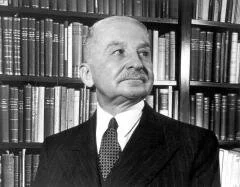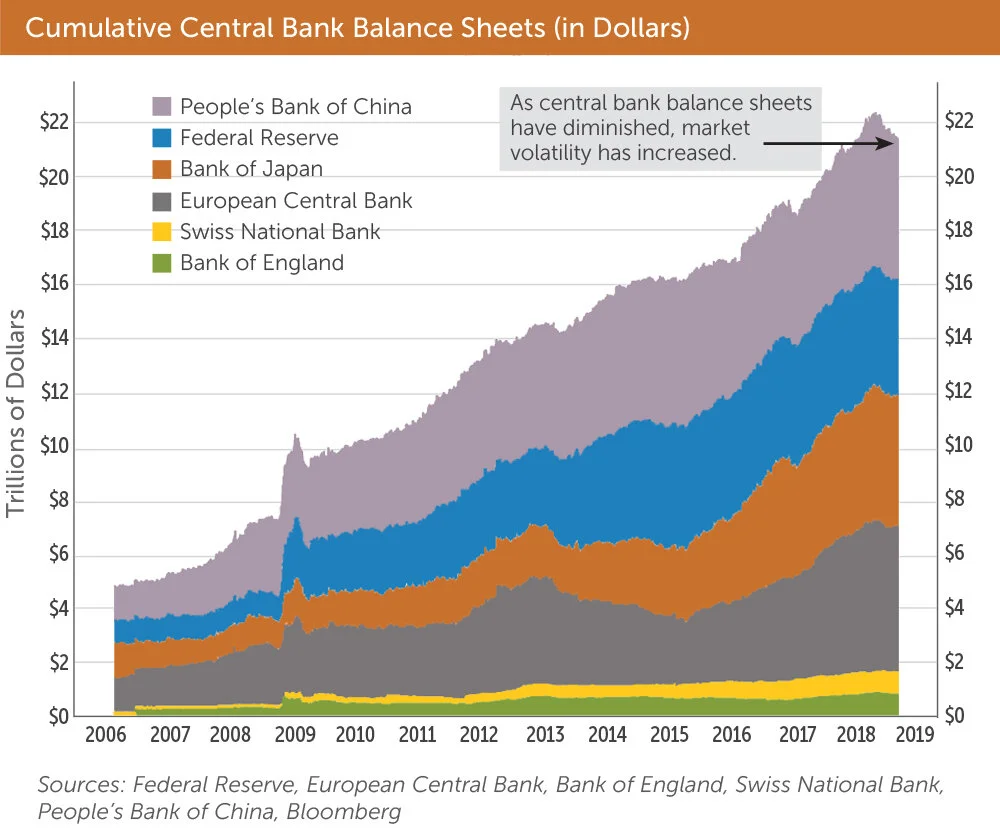Recommended Reading
Recommended Reading
Three good books to read are The Law (1850)[1] by Frederic Bastiat, Economics in One Lesson (1946)[2] by Henry Hazlitt, and Human Action (1949)[3] by Ludwig von Mises. Below are quotes from the books. Spoiler alert: they dislike Socialism. Ludwig von Mises had to flee his native Austria for the USA because of Hitler’s National Socialist German Workers’ Party’s (NAZI) anti-Semitism.
On pages 6-7 in The Law, Bastiat writes,
“Man can live and satisfy his wants only by ceaseless labor; by the ceaseless application of his faculties to natural resources. This process is the origin of property.
But it is also true that a man may live and satisfy his wants by seizing and consuming the products of the labor of others. This process is the origin of plunder.
Now since man is naturally inclined to avoid pain- and since labor is pain in itself- it follows that men will resort to plunder whenever plunder is easier than work. History shows this quite clearly. And under these conditions, neither religion nor morality can stop it.
When, then, does plunder stop? It stops when it becomes more painful and more dangerous than labor. It is evident, then, that the proper purpose of law is to use the power of its collective force to stop this fatal tendency to plunder instead of to work. All the measures of the law should protect property and punish plunder.
But, generally, the law is made by one man or one class of men. And since law cannot operate without the sanction and support of a dominating force, this force must be entrusted to those who make the laws.
This fact, combined with the fatal tendency that exists in the heart of man to satisfy his wants with the least possible effort, explains the almost universal perversion of the law. Thus it is easy to understand how law, instead of checking injustice, becomes the invincible weapon of injustice. It is easy to understand why the law is used by the legislator to destroy in varying degrees among the rest of the people, their personal independence by slavery, their liberty by oppression, and their property by plunder. This is done for the benefit of the person who makes the law, and in proportion to the power that he holds.”
On page 29 in The Law, Bastiat writes,
“Socialism, like the ancient ideas from which it springs, confuses the distinction between government and society. As a result of this, every time we object to a thing being done by government, the socialists conclude that we object to its being done at all.
We disapprove of state education. Then the socialists say that we are opposed to any education. We object to a state religion. Then the socialists say that we want no religion at all. We object to a state-enforced equality. Then they say that we are against equality. And so on, and so on. It is as if the socialists were to accuse us of not wanting persons to eat because we do not want the state to raise grain.”
On page 63, Bastiat makes the point that if people are so bad that they need a government, what makes the people in government so good?
“The claims of these organizers of humanity raise another question which I have often asked them and which, so far as I know, they have never answered: If the natural tendencies of mankind are so bad that it is not safe to permit people to be free, how is it that the tendencies of these organizers are always good? Do not the legislators and their appointed agents also belong to the human race? Or do they believe that they themselves are made of a finer clay than the rest of mankind?”
In Economics in One Lesson, chapter II pages 11-12, Hazlitt writes,
“LET US begin with the simplest illustration possible: let us, emulating Bastiat, choose a broken pane of glass.
A young hoodlum, say, heaves a brick through the window of a baker's shop. The shopkeeper runs out furious, but the boy is gone. A crowd gathers, and begins to stare with quiet satisfaction at the gaping hole in the window and the shattered glass over the bread and pies. After a while the crowd feels the need for philosophic reflection. And several of its members are almost certain to remind each other or the baker that, after all, the misfortune has its bright side. It will make business for some glazier. As they begin to think of this they elaborate upon it. How much does a new plate glass window cost? Fifty dollars? That will be quite a sum. After all, if windows were never broken, what would happen to the glass business? Then, of course, the thing is endless. The glazier will have $50 more to spend with other merchants, and these in turn will have $50 more to spend with still other merchants, and so ad infinitum. The smashed window will go on providing money and employment in ever-widening circles. The logical conclusion from all this would be, if the crowd drew it, that the little hoodlum who threw the brick, far from being a public menace, was a public benefactor.
Now let us take another look. The crowd is at least right in its first conclusion. This little act of vandalism will in the first instance mean more business for some glazier. The glazier will be no more unhappy to learn of the incident than an undertaker to learn of a death. But the shopkeeper will be out $50 that he was planning to spend for a new suit. Because he has had to replace a window, he will have to go without the suit (or some equivalent need or luxury). Instead of having a window and $50 he now has merely a window. Or, as he was planning to buy the suit that very afternoon, instead of having both a window and a suit he must be content with the window and no suit. If we think of him as a part of the community, the community has lost a new suit that might otherwise have come into being, and is just that much poorer.”
Continuing, he notes on page 25-26,
“We must apply the same reasoning, once more, to great projects like the Tennessee Valley Authority. Here, because of sheer size, the danger of optical illusion is greater than ever. Here is a mighty dam, a stupendous arc of steel and concrete, ‘greater than anything that private capital could have built,’ the fetish of photographers, the heaven of socialists, the most often used symbol of the miracles of public construction, ownership and operation. Here are mighty generators and power houses. Here is a whole region lifted to a higher economic level, attracting factories and industries that could not otherwise have existed. And it is all presented, in the panegyrics of its partisans, as a net economic gain without offsets.
We need not go here into the merits of the TVA or public projects like it. But this time we need a special effort of the imagination, which few people seem able to make, to look at the debit side of the ledger. If taxes are taken from people and corporations, and spent in one particular section of the country, why should it cause surprise, why should it be regarded as a miracle, if that section becomes comparatively richer? Other sections of the country, we should remember, are then comparatively poorer. The thing so great that ‘private capital could not have built it’ has in fact been built by private capital- the capital that was expropriated in taxes (or, if the money was borrowed, that eventually must be expropriated in taxes). Again we must make an effort of the imagination to see the private power plants, the private homes, the typewriters and radios that were never allowed to come into existence because of the money that was taken from people all over the country to build the photogenic Norris Dam.”
Ludwig von Mises writes on page 97 of Human Action,
“Action is an attempt to substitute a more satisfactory state of affairs for a less satisfactory one. We call such a willfully induced alteration an exchange. A less desirable condition is bartered for a more desirable. What gratifies less is abandoned in order to attain something that pleases more. That which is abandoned is called the price paid for the attainment of the end sought. The value of the price paid is called costs. Costs are equal to the value attached to the satisfaction which one must forego in order to attain the end aimed at. The difference between the value of the price paid (the costs incurred) and that of the goal attained is called gain or profit or net yield. Profit in this primary sense is purely subjective, it is an increase in the acting man's happiness, it is a psychical phenomenon that can be neither measured nor weighed…”
Mises writes on page 880,
“Economics does not assume or postulate that men aim only or first of all at what is called material well-being. Economics, as a branch of the more general theory of human action, deals with all human action, i.e., with man's purposive aiming at the attainment of ends chosen, whatever these ends may be. To apply the concept rational or irrational to the ultimate ends chosen is nonsensical. We may call irrational the ultimate given, viz., those things that our thinking can neither analyze nor reduce to other ultimately given things. Then every ultimate end chosen by any man is irrational. It is neither more nor less rational to aim at riches like Croesus than to aim at poverty like a Buddhist monk.”
On page 155, Mises writes,
“It is a purposeful distortion of facts to blame the age of liberalism for an alleged materialism. The nineteenth century was not only a century of unprecedented improvement in technical methods of production and in the material well-being of the masses. It did much more than extend the average length of human life. Its scientific and artistic accomplishments are imperishable. It was an age of immortal musicians, writers, poets, painters, and sculptors; it revolutionized philosophy, economics, mathematics, physics, chemistry, and biology. And, for the first time in history, it made the great works and the great thoughts accessible to the common man.”
On page 570, Mises wrote my favorite quote of his to use,
“The wavelike movement affecting the economic system, the recurrence of periods of boom which are followed by periods of depression, is the unavoidable outcome of the attempts, repeated again and again, to lower the gross market rate of interest by means of credit expansion. There is no means of avoiding the final collapse of a boom brought about by credit expansion. The alternative is only whether the crisis should come sooner as the result of a voluntary abandonment of further credit expansion, or later as a final and total catastrophe of the currency system involved."
Knowledge is power.
[1] https://fee.org/media/14951/thelaw.pdf





